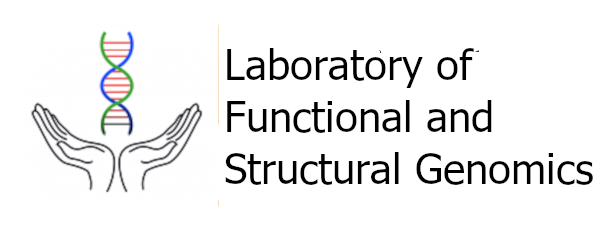Evolutionary divergence in CTCF-mediated chromatin topology drives transcriptional innovation in humans

11 04 2025
Category: CeNT news, Main page, Research highlights
Chromatin topology can impact gene regulation, but how evolutionary divergence in chromatin topology has shaped gene regulatory landscapes for distinctive human traits remains poorly understood. CTCF sites determine chromatin topology by forming domains and loops. Here, the evolutionary divergence in CTCF-mediated chromatin topology at the domain and loop scales during primate evolution was shown, elucidating distinct mechanisms for shaping regulatory landscapes. Human-specific divergent domains lead to a broad rewiring of transcriptional landscapes. Divergent CTCF loops concord with species-specific enhancer activity, influencing enhancer connectivity to target genes in a concordant yet constrained manner. Under this concordant mechanism, a group led by Zhonghui Tang from the Sun Yat-sen University (China) in collaboration with Dariusz Plewczyński, leader of the Laboratory of Functional and Structural Genomics at the Centre of New Technologies, University of Warsaw, established the role of human-specific CTCF loops in shaping transcriptional isoform diversity, with functional implications for disease susceptibility. Furthermore, they validated the function of these human-specific CTCF loops using human forebrain organoids.
The study “Evolutionary divergence in CTCF-mediated chromatin topology drives transcriptional innovation in humans” published in Nature Communications advances our understanding of genetic evolution from the perspective of genome architecture.